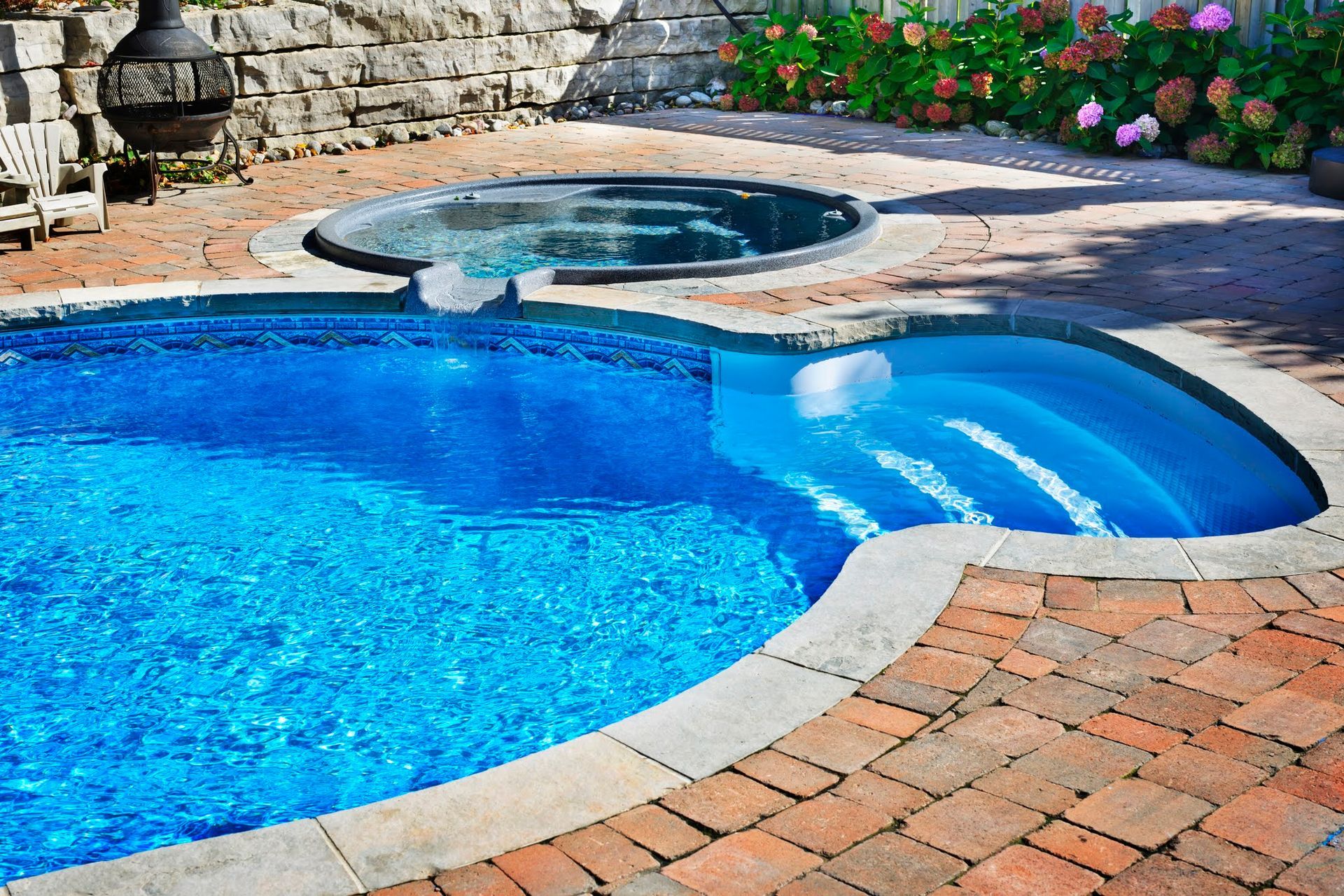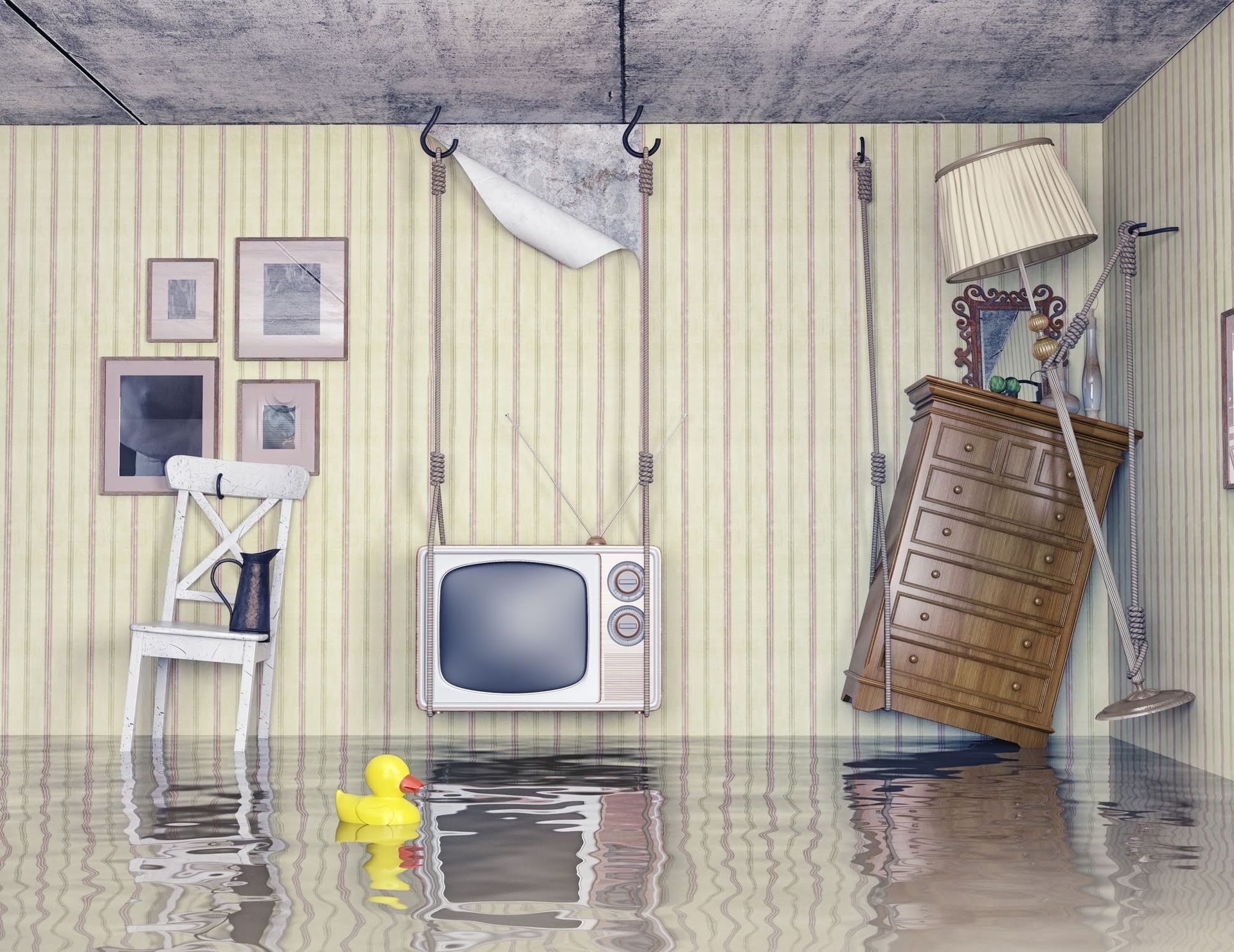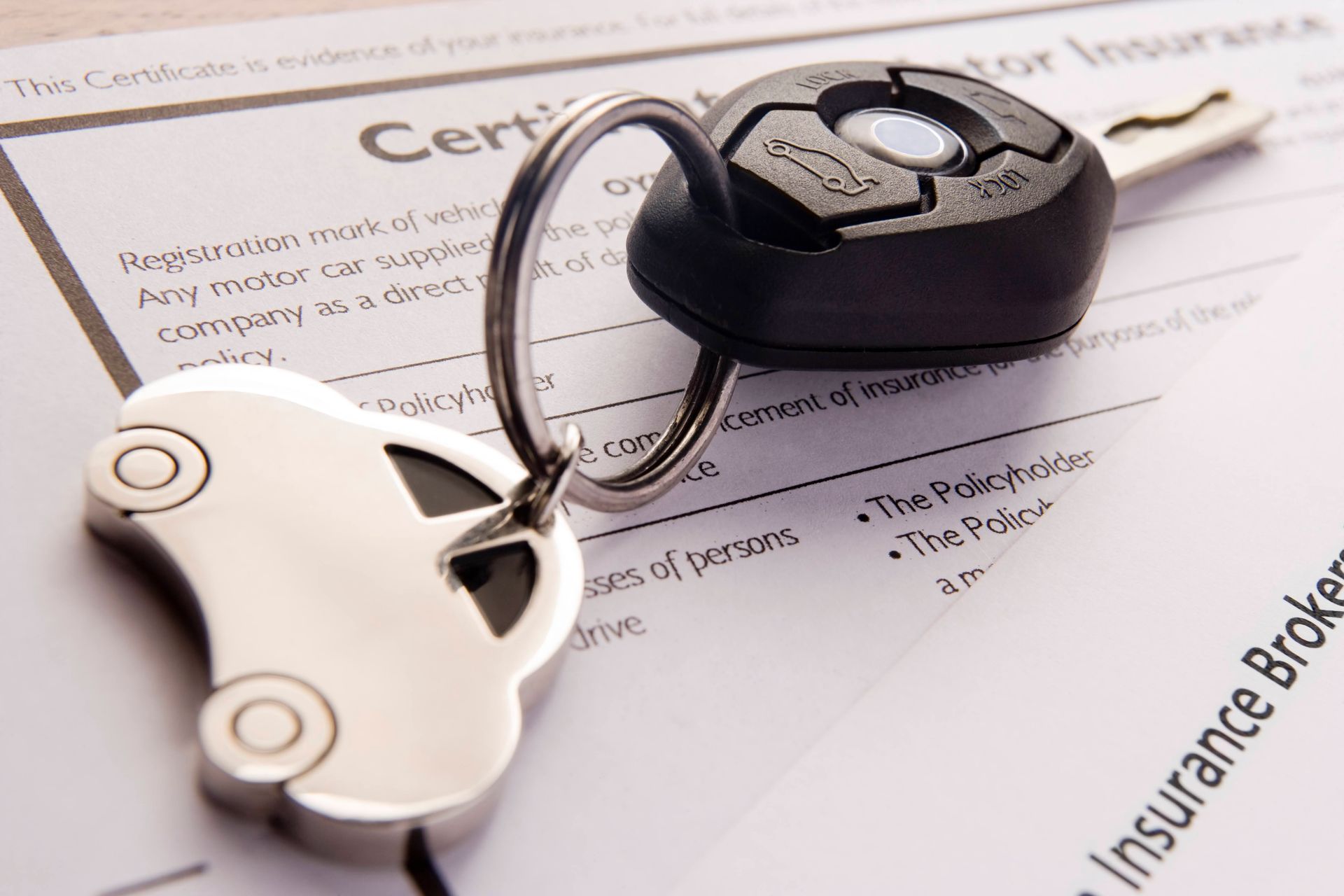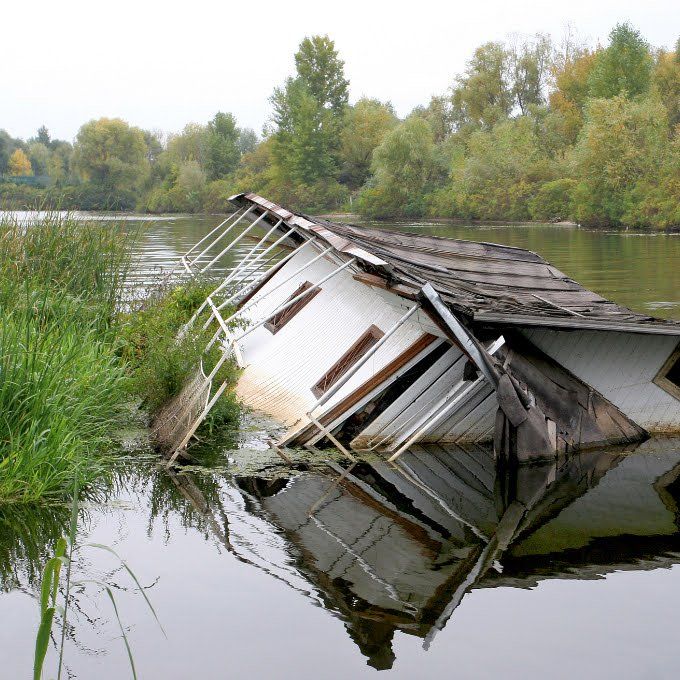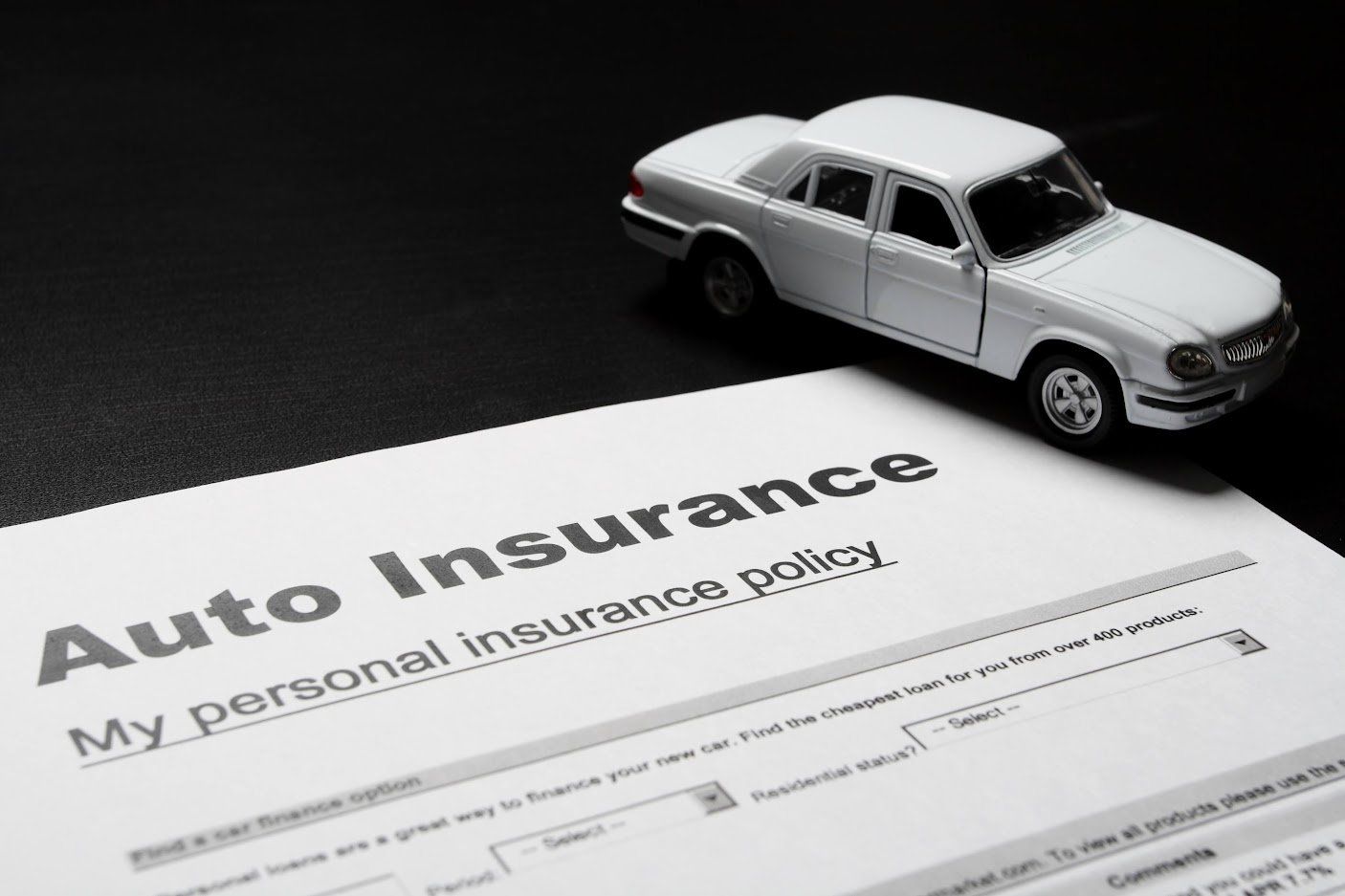Instant Auto & SR22 Insurance Coverage
Insurance For All Drivers In Illinois & Indiana!
Home Insurance: How to Get the Best Coverage for Your Needs

Your home is one of your most important assets, and you should protect it within the extent of your budget and insurance in case of an accident or disaster. Home insurance can help protect your home and possessions, but it is important to understand the different considerations when you choose the appropriate coverage.
Homeowners insurance covers your home, including the basis of your home, contents, and structures. It provides financial protection if any natural events or human-caused incidents damage or destroy your house or contents. Unfortunately, many people overlook the benefits of homeowners insurance. However, this blog article will provide tips on how to choose the best homeowner policy for your house.
House Value
Your home is likely your most valuable asset, so you'll want to ensure you properly protect your house from a natural disaster or other unforeseen events. Home insurance typically covers the replacement cost of your home and belongings. Therefore, you should consider getting enough coverage to protect your investment fully.
You can determine your house value by evaluating its age, initial purchase price, and the additional features and possessions attached to your house. A professional evaluator can perform the assessment for you for any evaluations based directly on your house characteristics like age and initial purchase price. For individual possessions, you can show your insurance company purchase receipts or direct them to online stores that highlight their cost.
Most homeowners insurance policies protect the contents of your house, including your personal belongings. Such policies can help you avoid the inconvenience and financial burden of replacing an item when damaged or destroyed. It also helps protect you when your family needs to relocate temporarily because of ongoing construction or repairs to your home.
Coverage Extent
The value of your home and belongings can significantly impact how much homeowners insurance you pay and whether you need to add any particular coverage.
Some of the most common property damages covered by homeowners insurance include:
- Damage from fire, lightning, floods, and windstorms
- Personal injury caused by an accident or a crime
- Breached house or garage
- Theft of belongings inside your home
- Loss of valuables, including jewelry and electronics
Insurance companies usually offer four types of coverage in a standard homeowners insurance policy:
- Dwelling coverage: This policy covers damage to your homes, such as a fire or windstorm. It can also cover other structures on your property.
- Other structures coverage: This scheme covers damage to structures on your property not attached to your homes.
- Personal property coverage: This offer covers damage to your personal belongings, such as furniture, clothing, and electronics. It can also cover items not permanently attached to your home, such as lawn mowers or snowblowers.
- Liability coverage: This policy covers your legal responsibility if someone receives an injury while on your property. It can also cover damage to other people's property that you or your family members cause.
Rate Comparison
The final important factor to decide your homeowners insurance is the rates insurance companies offer in your area. You should examine each company's policies and choose the right one for you. You should be able to find a policy that is competitive in price and coverage extent.
Since most major homeowner's insurance companies offer similar coverage and pricing ranges, you should compare the prices and features of the various policies they offer. This assessment can save you money in the long run since you can find a policy that meets your needs, is affordable, and allows you to cover all your belongings in one premium payment.
Consequently, you should ensure that you have the right amount of coverage on our house or what was built on to it so that you do not over-insure or under-insure yourself. Additionally, you should review your home insurance policy periodically to ensure it still meets your needs.
Contact us at Clover Insurance to request homeowners' insurance that covers your needs.
CONTACT INFORMATION
Phone: (773) 381-2200
Text: (773) 973-3700
Address: 7535 N. Western Ave, Chicago, IL 60645








Clover Insurance © 2021 All Rights Reserved



